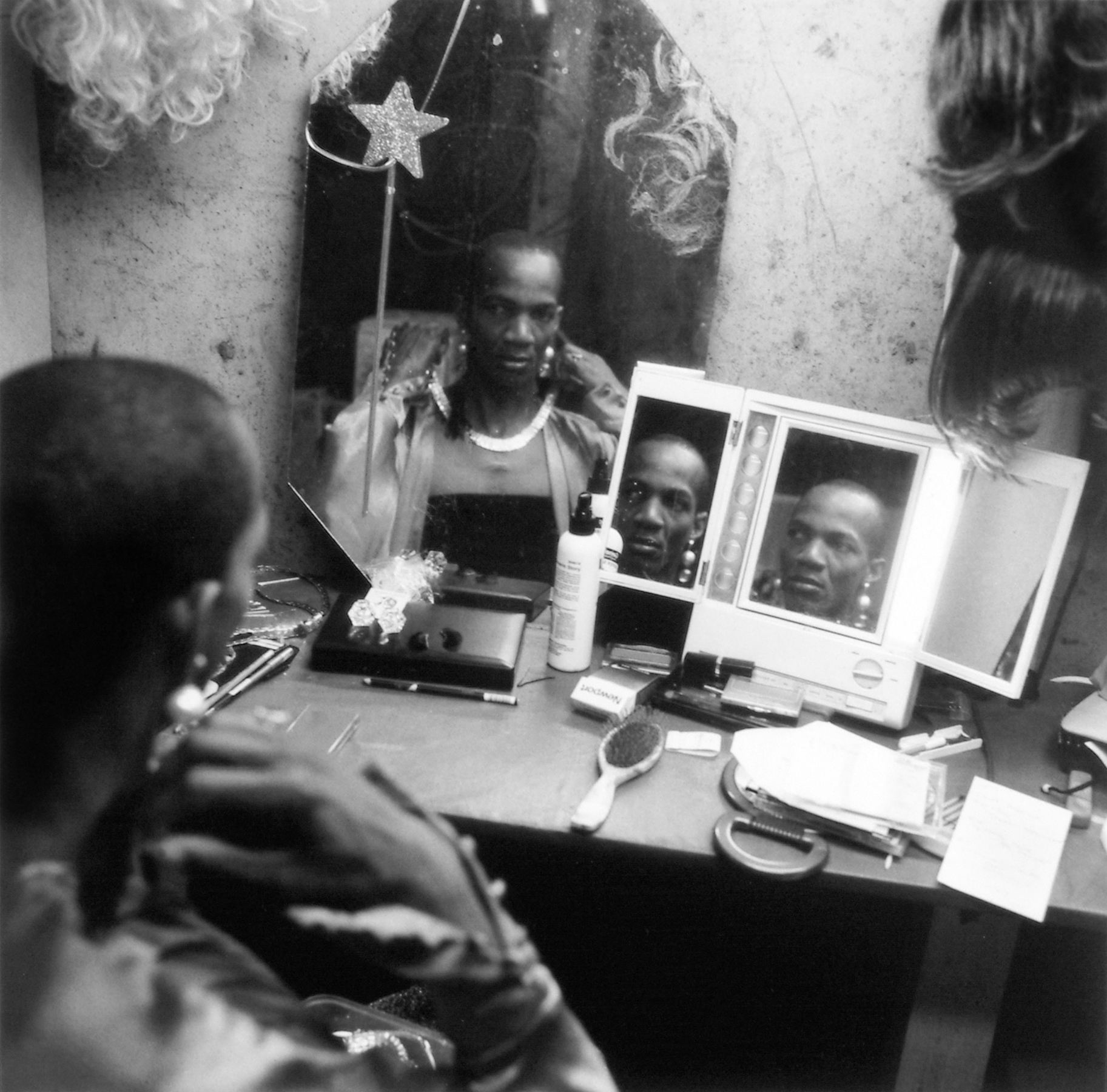[av_hr class=’custom’ height=’50’ shadow=’no-shadow’ position=’center’ custom_border=’av-border-fat’ custom_width=’100%’ custom_border_color=’#8f2866′ custom_margin_top=’30px’ custom_margin_bottom=’30px’ icon_select=’no’ custom_icon_color=” icon=’ue808′ font=’entypo-fontello’ admin_preview_bg=”]
Tía Genoveva
Mi Tía Genoveva
la más bonita de todas
never married.
I never cared to know
why this was so.
I was just grateful
she was always there
to hold us, muy fuerte.
Her long, thin arms
warmed us when the North wind
wheezed, like an old man,
through the thin walls
of our house in Mexico.
Her gentle hands
turned into feathers
and tickled our bellies
when the drums of fear
beat frantically in our chests
because our parents’ love
had given birth to a tornado
that sent the furniture flying
across the room and broke the portraits
of my mother in her wedding dress.
Her words turned into powdered sugar
as fine as the crystals she put
under our tongues to sweeten
the bitter taste of our salty tears.
When the fight was over,
and the angry silence
in that house was deafening,
her songs had wings.
They were pajaritos, flying
overhead, soaring with harmony,
divinely calm.
La Bruja
All our lives, our wretched
next-door neighbor, La Bruja,
has spit and snarled
every time we tossed the ball
or chased the cat into her yard.
Monday through Friday,
she’d strike a match
and light a candle
for the Virgen de Cobre
or the Sacred Heart of Jesus
to help her as she set up shop
inside the crooked frame
of her living room window—
prophetically reading
the tarot cards.
Monday through Friday
we clung, like bats,
to the chain-linked fence
and chanted bogus
incantations at her clientele.
She’d swear and shout
and run outside
hurling holy water
across the fence,
like John the Baptist,
snagging her long, thin
dress on the spiny thorns
of my mother’s rosebushes.
We’d scream, laugh,
and scurry away
in mock hysteria
when she damned
my father’s bloodline.
“You are raising savages
—demonios—” she’d screech
when she’d catch
a glimpse of my mother
hanging two dozen socks
along the crowded edges
of our recumbent clothesline.
But Mami was always too tired
to notice her burning crosses
and tearing rosaries in our direction.
All she wanted was some peace and quiet.
“I curse your womb…”
she used to yell at my mother,
who was too busy
sweeping soapy water
over the edge of the porch
to listen to her wild conjurations.
But the venom in that old Bruja’s blood
runs thick and dark,
because Mami’s cancer
started in that very spot.
Today,
La Bruja got all dolled up.
She combed down
her wiry, black-tinted hair,
put on white gloves,
and even came to my mother’s
funeral. After all, it’s Sunday
and business is always slow
on God’s day of rest.
My sisters tell me she’s
crying now.
I do not know,
I won’t look at her.
My First Posada
It was the day of my first posada.
I was both nervous and excited.
For months, we’d been practicing
at the Salon de Colores with our catechism
teachers and nuns. That night, we
were driven across town to re-enact
the Holy night en Español.
“Os pido posada,” I harmonized
the familiar lyrics even as I struggled
with and straightened the new ribbons
Mami had put in my curled hair.
My younger sisters, Alicia and Virginia,
like pretty roses on the vine, swayed
delicately from side to side and leafed
through the programs in their hands.
At the Victorian house in an affluent
neighborhood, los ricos had finally let us in.
The Christmas lights twinkled in our
eyes and the reindeer in the driveway
were taller than most of us. We marveled
at their beauty as we walked cautiously
beside them. My sisters graciously
took hot cocoa and cookies from the
lady of the house.
The same blonde woman in a festive
dress called me “Gordita” as she patted
my chubby cheeks and handed me hot
cider in a china cup and two sticks
of celery on a Christmas napkin.
My face burned with shame, and the tears
rolled down my face before I realized
I was crying.
“Gracias,” I said, as I curtsied and walked
away. Outside, I hid among the prim
hedges and pretended not to care about
the music and the laughter coming from
the tall, bright windows of that house.
A thin, blonde boy in a dark gray suit
came cautiously across the lawn.
“Hello,” he whispered and smiled.
His breath was laced with the sweet
scent of piloncillo and the pumpkin
empanadas in his pockets were still
warm when he unwrapped them
and placed one gently in my hand.
The cold of winter warmed my cheeks
and I blushed a bright, deep, red.
We stood together, without talking,
nursing our warm pastries, feasting
on the silence of the blessed night.
Art by Evie Lovett
[av_hr class=’custom’ height=’50’ shadow=’no-shadow’ position=’center’ custom_border=’av-border-fat’ custom_width=’100%’ custom_border_color=’#8f2866′ custom_margin_top=’30px’ custom_margin_bottom=’30px’ icon_select=’no’ custom_icon_color=” icon=’ue808′ font=’entypo-fontello’ admin_preview_bg=”]
[av_one_half first]
[/av_one_half]
Guadalupe Garcia McCall is an award-winning author, poet, and educator. She was born in Piedras Negras, Coahuila, Mexico. She is the recipient of the 2012 Pura Belpré Medal for narrative.
[av_hr class=’custom’ height=’50’ shadow=’no-shadow’ position=’center’ custom_border=’av-border-fat’ custom_width=’100%’ custom_border_color=’#8f2866′ custom_margin_top=’30px’ custom_margin_bottom=’30px’ icon_select=’no’ custom_icon_color=” icon=’ue808′ font=’entypo-fontello’ admin_preview_bg=”]bridgemedia | Air Jordan Sneakers
